Conspiracy Theories: Social Media’s Next Big Headache
“Oh, Nancy! Nancy! Where are you, Nancy?” shouted a rioter, as he and hundreds of others hunted for members of Congress during the January 6 Capitol riots. As I watched on TV the acts of terrorism that followed, I was appalled. The nation was appalled. What drove these so-called patriots to commit such horrific acts? The simple answer: the purveyance of conspiracy theories and rampant misinformation through social media.
While conspiracy theories are often harmless, if foolish, distractions, due to the uncertain political climate and pandemic, conspiracy theories have become extremely dangerous, enough to spark violence and widespread distrust. Humans, gullible as they are, easily buy into such fantastical explanations as a way to justify their misinformed beliefs about current events (i.e. the outcome of the 2020 election). According to a worrying poll conducted by Fairleigh Dickinson University, 63 percent of registered American voters believe in at least one political conspiracy theory. In fact, one New York Times article reveals that the internet is making this problem worse, as it facilitates a psychological phenomena known as confirmation bias. The article goes on to state that “the Internet’s tendency toward tribalism helps reinforce misguided beliefs.” This propensity that we have for blindly accepting misinformation is unfortunately difficult to suppress and will probably continue, as witnessed at the Capitol.
The only solution left is to turn our attention to social media, where conspiracy theories are spreading faster than COVID-19. According to Vox, “Conspiracy theories are memetic — they mutate easily and take on new forms — which makes them a perfect fit for social media platforms.” Theories that 5G cell towers spread COVID-19 and that Satan-worshipping elites are controlling our politics have inundated media posts, increasing the number of conspiracy theorists and misinformed individuals. This ultimately results in a dangerous concoction of extremism that can plague our society with chaos, as noted by Homeland Security Today, which stated that “there is now evidence that links the content on … popular online platforms to violent and extremist acts.” This, of course, leads us to some pivotal questions. How should social media companies restrict the spread of misinformation? How do we even know which conspiracy theories are inflammatory? While I cannot answer these open-ended, complex questions, I can definitively assert that there is a pressing need for social media companies to eradicate speech that can incite ruthless brutality.
It is now not so difficult to understand why the horrific events at the Capitol occurred, nor is it assuring that misinformation clouds our democracy. Conspiracy theories pose a direct threat to our nation. Therefore, social media outlets have the moral responsibility to prevent these unfounded beliefs from destroying our ability to rationally scrutinize.
Ajeeth Iyer is a junior at Rio Americano High School



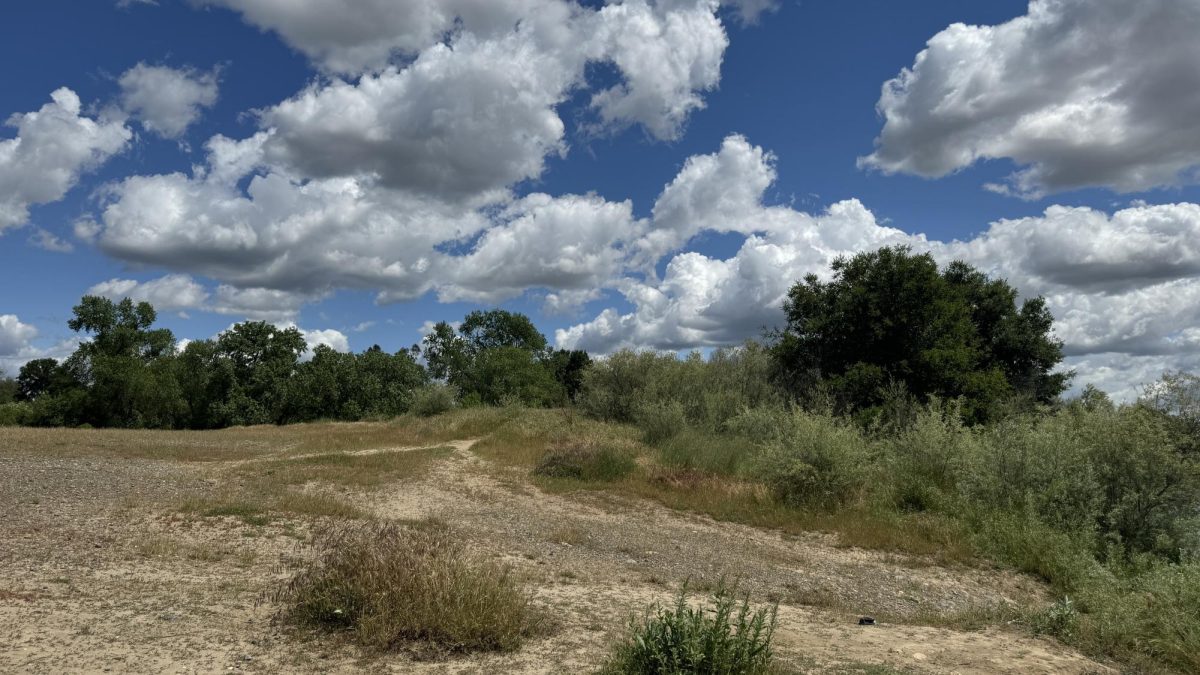





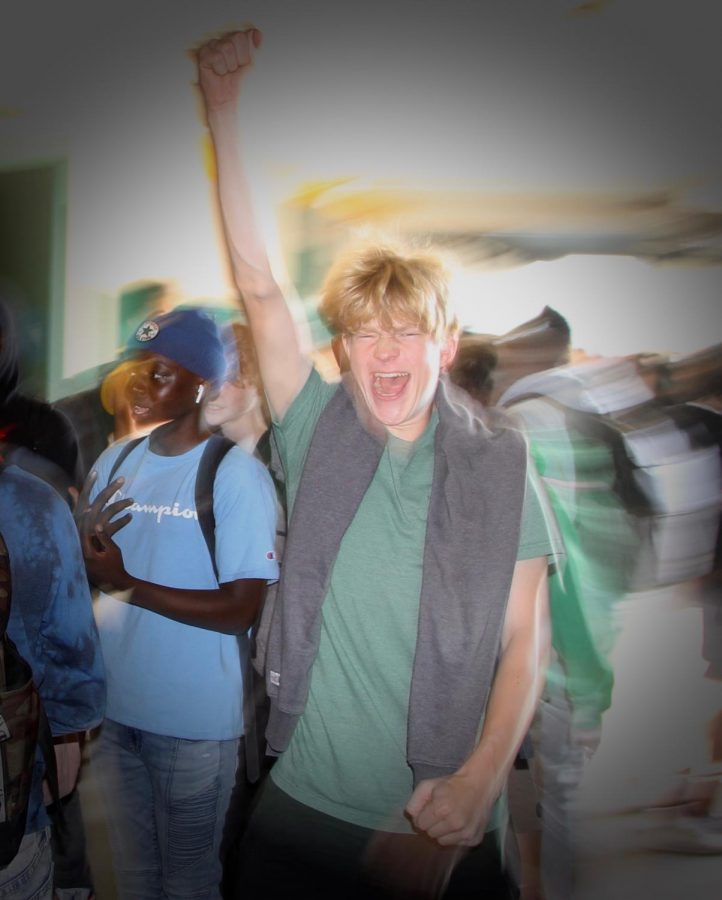






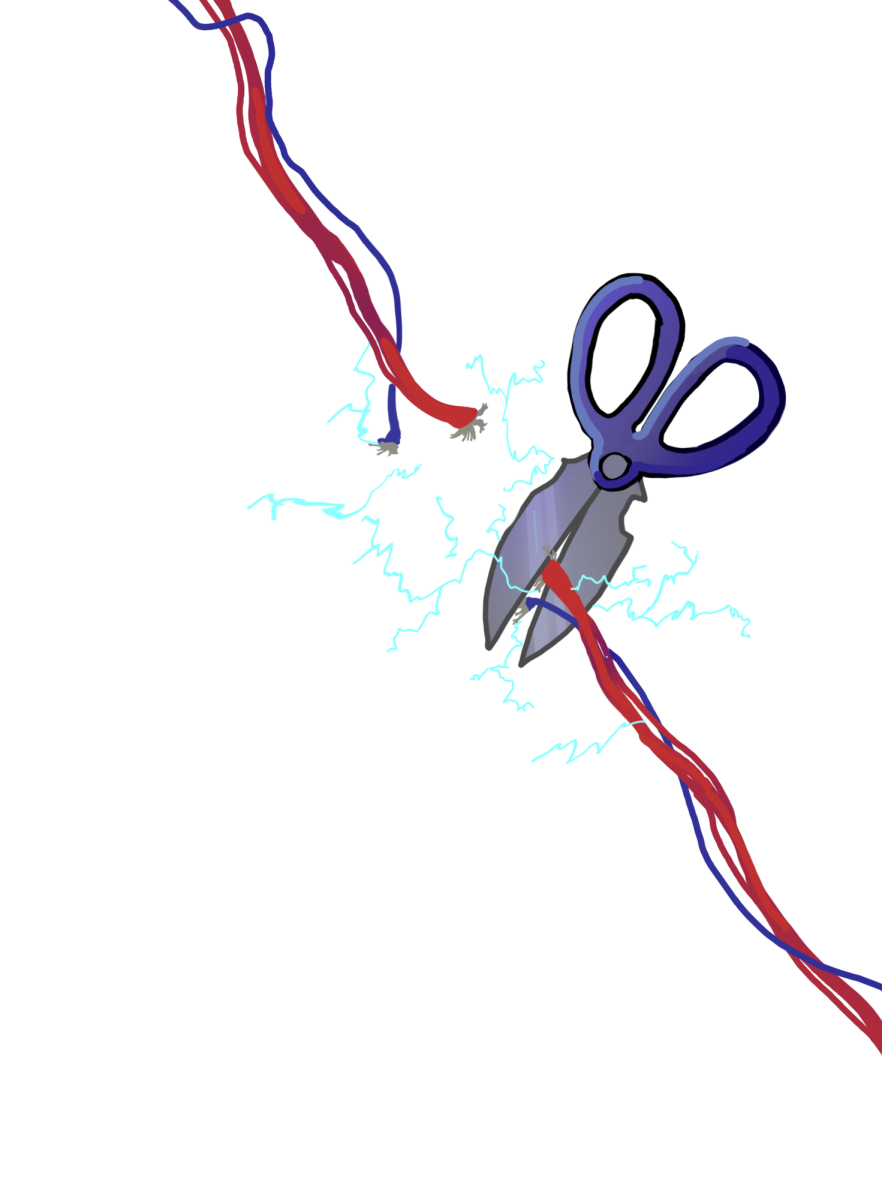

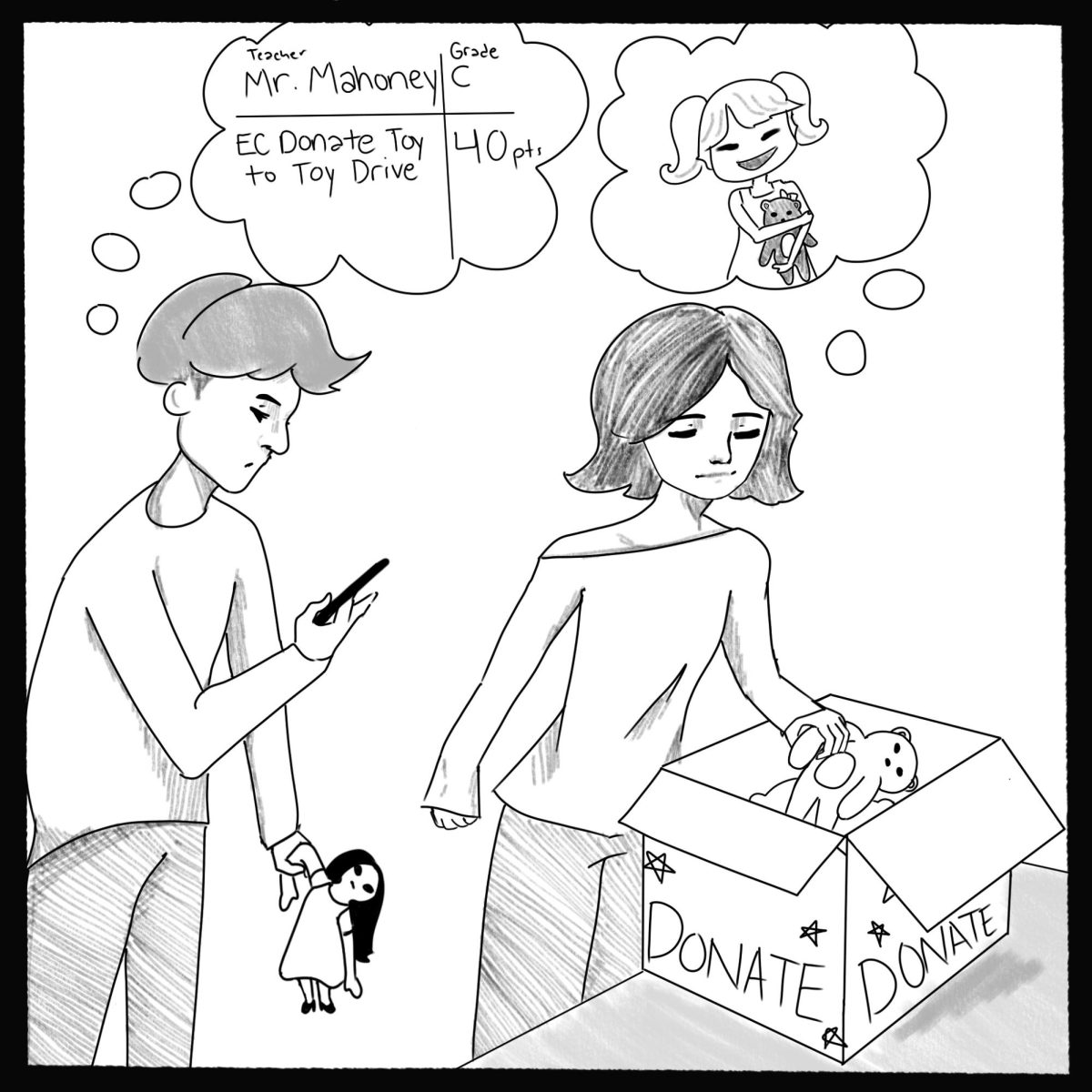







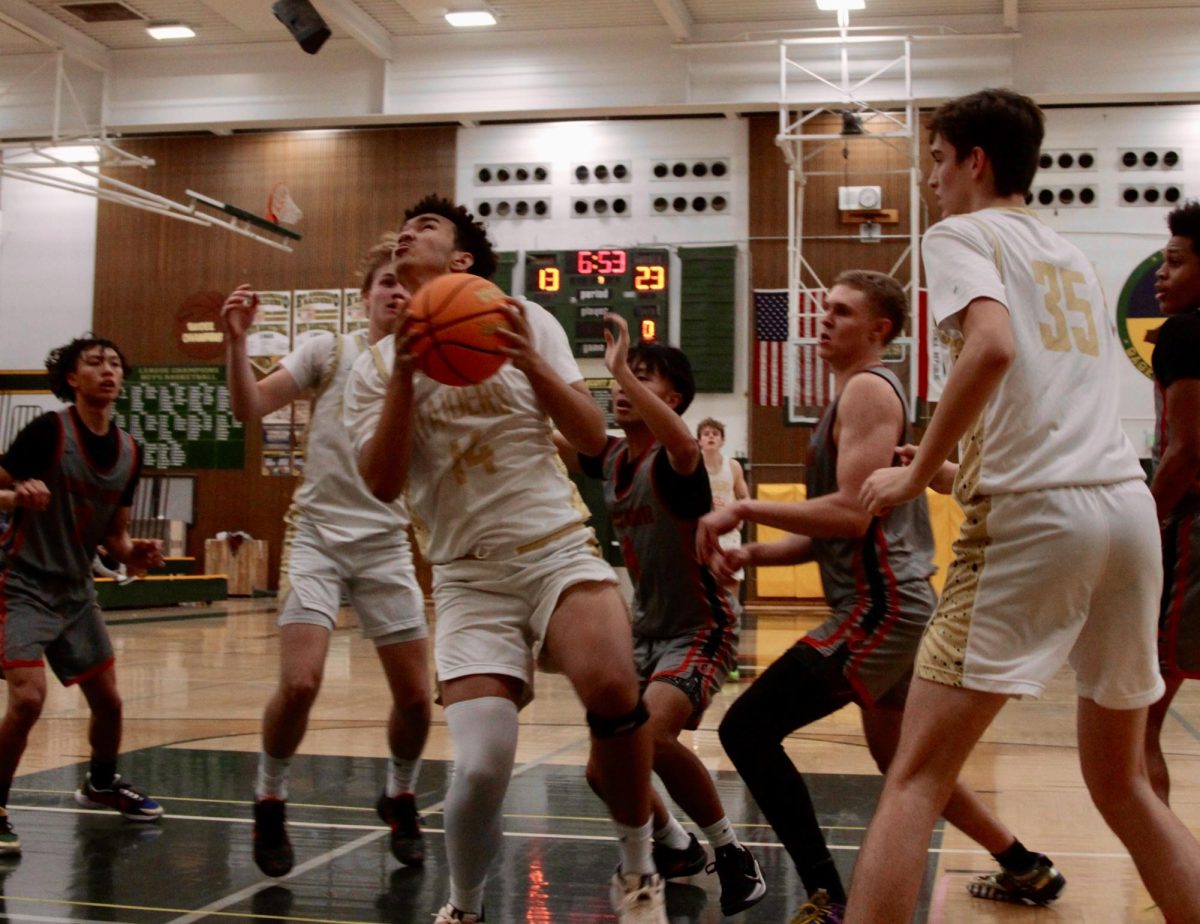












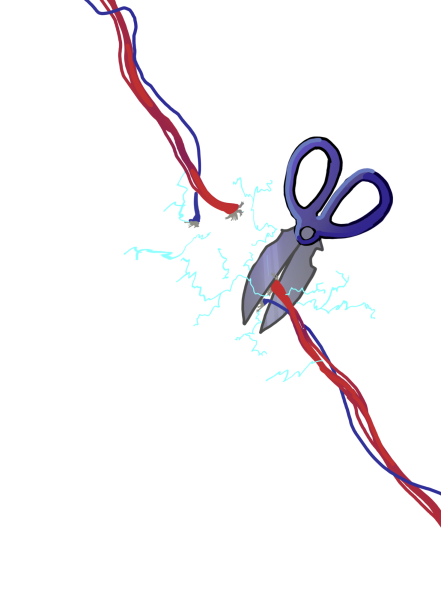

Nate Schallmo • Jun 1, 2021 at 9:24 AM
Great writing Ajeeth. I think that you expressed the point that conspiracy theories have become growing theme in civil unrest.
Hannah Lee • May 31, 2021 at 11:12 PM
I would have to say that I agree with your writing and thoughts on how conspiracy theories have misinformed individuals with information that could really impact something bad. I also appreciate how you wrote what I have been thinking, all in such a well-organized and informative way.
Sumaya Albadani • May 30, 2021 at 11:07 AM
It’s sad how much conspiracy theories affect this country. I’m not surprised that so many people believe in them because I at times can fall victim to them. It makes me wonder if there will ever be a way to keep conspiracy theories in check.
Gregor Herda • May 23, 2021 at 10:57 PM
I agree with the premise that conspiracy theories are a part of the problem when it comes to violence of a political nature. However, I disagree with the eradication of any speech, I think it’s dangerous to just outright eradicate speech and I think it will lead to worse problems. I think the main problem is party politics because of the confirmation bias when there looking for things against their opposing party. I think that conspiracy theories are a symptom of a larger problem that should be adressed.
David Bogle • May 23, 2021 at 9:54 PM
This is a great analysis and I’m quite frightened that people will continue to become more removed from objective reality and conspiracy theories will grow with time aided by social media.
Laurel Osegueda • May 21, 2021 at 12:22 AM
I think that is truly fascinating how many Americans actually believe in wild conspiracy theories especially in regards to politics. This article has helped me to realize how much social media can twist information to form these wild conspiracy theories that have no information to back them.
Sierra Witte • May 20, 2021 at 1:36 PM
Wow, Ajeeth. That was beautifully written and so informative! I especially loved when you said that conspiracy theories are spreading faster than COVID.
Aaliyah Silva • May 20, 2021 at 9:15 AM
Conspiracy theories are insane and really reflect that people need to learn how to navigate the internet better, along with this information not being put out so easily.